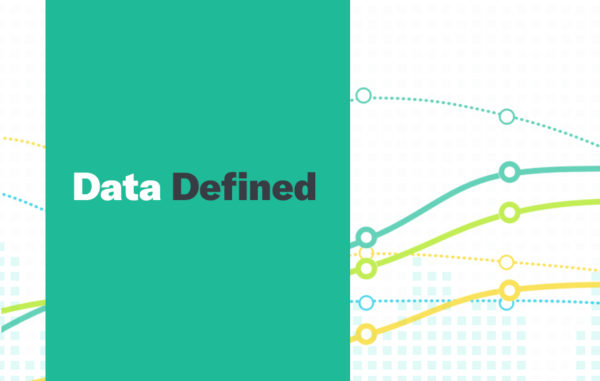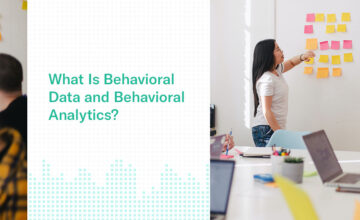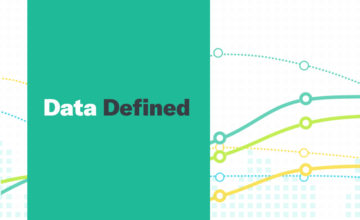Cognitive Computing Defined
Cognitive computing is the simulation of human thought processes in a computerized model. Cognitive computing systems can synthesize data from various information sources, while weighing context and conflicting evidence to suggest the best possible answers.This is achieved by using self-learning algorithms that use data mining, pattern recognition and natural language processing to mimic the way a human brain functions.
To achieve those capabilities, these type of computing systems must have five key attributes:
- Adaptive: Cognitive systems must be able to digest dynamic data in real time and make adjustments when necessary.
- Interactive: Human-computer interaction (HCI) is a critical component in cognitive systems. Users must be able to interact with cognitive machines and define their needs as those needs change.
- Iterative and stateful: Cognitive computing technologies must also identify problems by asking questions or pulling in additional data if a stated problem is vague or incomplete.
- Contextual: Cognitive systems must also understand, identify and mine contextual data, such as syntax, time, location, domain, requirements, a specific user’s profile, tasks or goals.
In Data Defined, we help make the complex world of data more accessible by explaining some of the most complex aspects of the field.
Click Here for more Data Defined.


